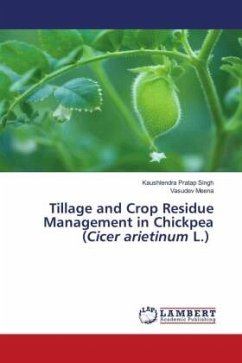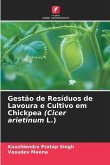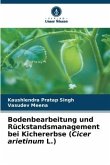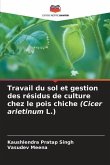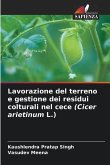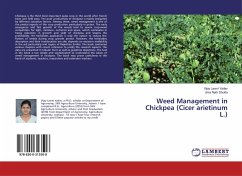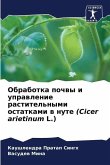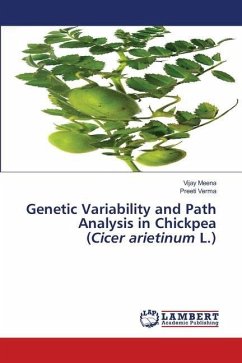The use of excess tillage operations in modern agriculture deteriorating soil health (soil degradation, low soil organic matter, reduced soil fertility) and environmental quality apart from declining crop productivity is a serious concern throughout the globe. Further, burning of crop residues in the field enhances environmental pollution, and greenhouse gas emissions leading to global warming which is harmful to sustainable food production and environmental safety. Under such situations, effective management of tillage and crop residue becomes crucial. Tillage and crop residue management plays an imperative role in soil physicochemical properties that eventually affect crop productivity. The technology described in this book disentangles both the above-mentioned issues. By following these management practices, both soil health and crop productivity increased in a sustainable manner besides protecting the environment. This book is designed in a very easy manner so that readers can understand it. The language of the book is simple, precise, and very easy to comprehend. This book contains detailed information about management practices for crop residue and tillage operations.

